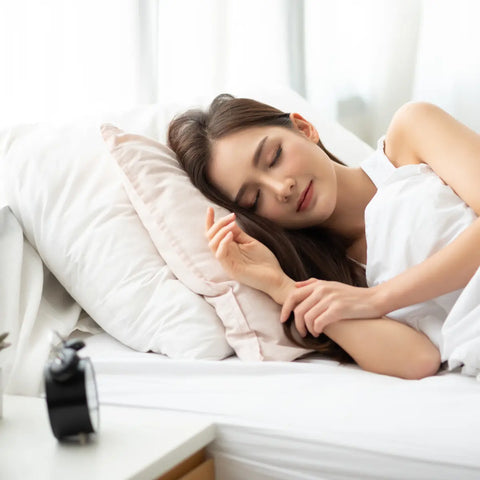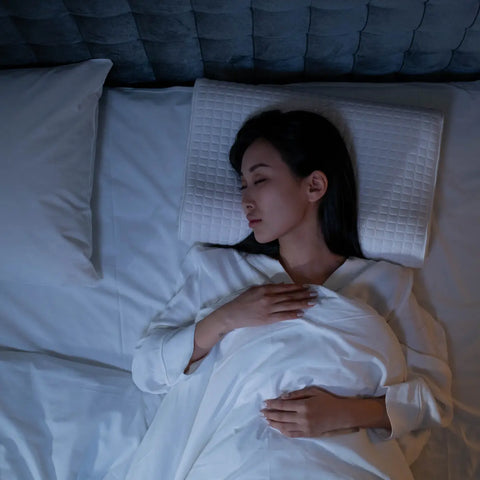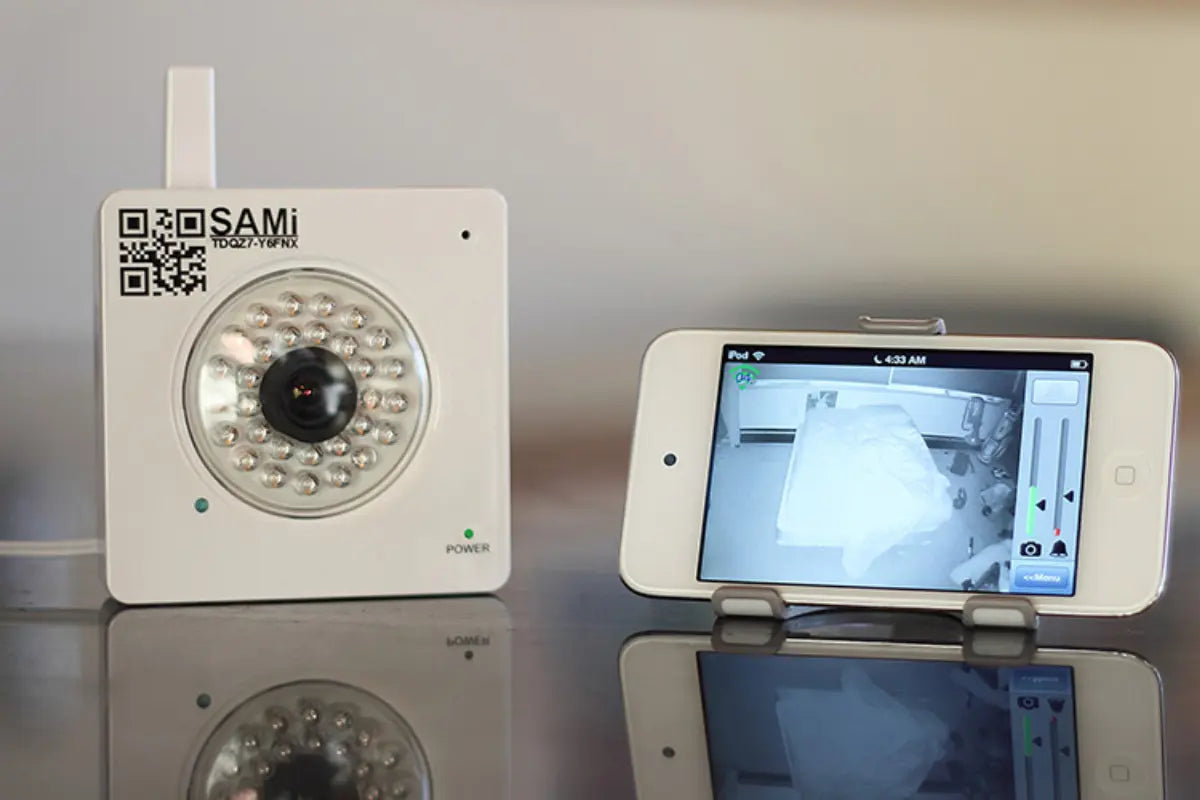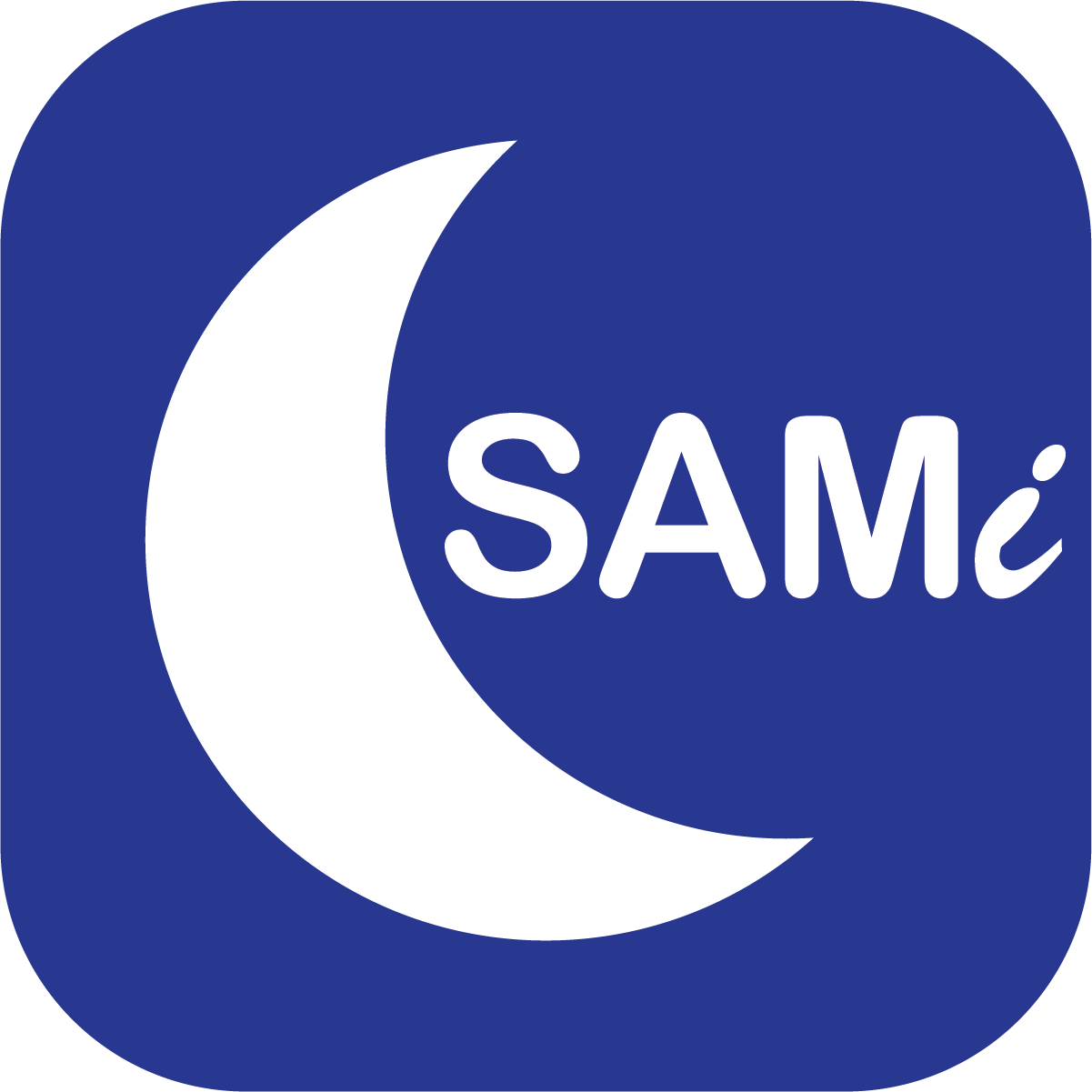In our fast-paced, high-stress society, the prevalence of sleep disorders is on the rise, affecting the health and well-being of millions worldwide. Traditional medical treatments often focus on medication, which can have side effects and fail to address underlying causes. This has led to an increased interest in holistic approaches that treat the whole person—mind, body, and spirit. Holistic sleep disorder treatments offer a more natural and comprehensive way to improve sleep, emphasizing lifestyle changes, relaxation sleep techniques, and mental health.
Meditation and Mindfulness
Types of Meditation for Sleep Disorders
Meditation has emerged as a powerful, adaptable tool in addressing sleep disorders, offering a range of techniques designed to meet the unique preferences and needs of individuals. These methods leverage the calming power of the mind to foster relaxation, ease stress, and promote better sleep patterns. Exploring the different types of meditation can help individuals find the approach that best suits their situation, providing a natural and effective way to improve sleep quality. Here’s a closer look at each method:
-
Guided Meditation: This form of meditation involves following along with a spoken instruction, often provided by a meditation teacher or through a recording. The guide leads participants on a mental journey, using vivid imagery and soothing narratives to foster a state of deep relaxation. This immersive experience helps to distract the mind from the day's stresses and anxieties, making it easier to fall asleep. Guided meditation is particularly beneficial for individuals who find it challenging to direct their focus or quiet their thoughts on their own.
-
Mindfulness Meditation: Mindfulness meditation emphasizes remaining present and fully engaging with the current moment without judgment. Practitioners focus on their breath or bodily sensations, observing thoughts and feelings as they arise and pass without getting caught up in them. This practice cultivates a state of calm awareness, helping to reduce bedtime anxiety and mental chatter that can interfere with sleep. Over time, mindfulness meditation can improve one’s ability to fall asleep quickly and enjoy more restful sleep.
-
Body Scan Meditation: Body scan meditation is a technique that involves mentally scanning one's body, focusing attention on different areas one at a time. The practice encourages awareness of bodily sensations and the release of physical tension, promoting relaxation. By systematically addressing and relaxing each part of the body, individuals can reduce stress-induced physical discomfort that may hinder sleep, such as muscle tension or headaches. This method is especially useful for those whose sleep issues are exacerbated by physical stress or discomfort.
By choosing a method that resonates with their personal preferences and dedicating time to practice regularly, individuals can tap into meditation’s therapeutic potential to enhance their sleep quality. Whether it’s through guided narratives, mindful presence, or physical relaxation, meditation provides a valuable, drug-free approach to overcoming sleep disturbances and achieving a more restful night’s sleep.
Incorporating Meditation into Your Nightly Routine
Starting with as little as five minutes of meditation before bed can make a significant difference in your ability to relax and drift off to sleep. Creating a consistent routine, such as meditating at the same time each evening, enhances the body's sleep readiness. Combining meditation with other pre-sleep rituals, like a warm bath, can further prepare the mind and body for a restful night.
Cognitive and Behavioral Sleep Therapy
Understanding CBT for Sleep
Cognitive Behavioral Therapy (CBT) for sleep, often referred to as CBT-I (for insomnia), is a structured program that helps individuals identify and replace thoughts and behaviors that cause or worsen sleep problems with habits that promote sound sleep. Unlike medication, which treats the symptoms of insomnia, CBT-I addresses the underlying causes. The therapy involves techniques such as stimulus control, sleep restriction, and sleep hygiene education, aiming to change sleep habits and schedule, the mindset about sleep, and the bedroom environment to encourage better sleep.
Behavioral Strategies for Managing Sleep Disorders
These strategies include maintaining a consistent sleep schedule, creating a bedtime routine that signals to the body it's time to wind down, and using the bed only for sleep and intimacy. Limiting exposure to screens and bright lights before bedtime can also help regulate the body's natural sleep-wake cycle. These practices, when consistently applied, can significantly improve the duration and quality of sleep over time.
Tailoring Behavioral Sleep Therapy to Individual Needs
Personalizing behavioral sleep therapy is critical for its success. Every individual's sleep challenges and lifestyle are unique, requiring a customized approach to treatment. A therapist might adjust the therapy's components—like the duration of sleep restriction or the specific sleep hygiene practices recommended—based on the individual's specific needs, preferences, and the nature of their sleep disorder. This tailored approach ensures that the therapy remains effective and manageable, leading to greater adherence and better outcomes over time.
Aromatherapy for Sleep Enhancement
Selecting Essential Oils for Sleep Disorders
Essential oils are a foundation of aromatherapy and can play a significant role in managing sleep disorders. Lavender is renowned for its calming and sedative properties, making it an excellent choice for those struggling to relax at night. Chamomile, with its soothing effects, and Bergamot, known for reducing stress and anxiety, are also highly effective. When selecting essential oils, consider personal preferences in scent, as a positive association can enhance the relaxation experience.
Practical Tips for Integrating Aromatherapy into Your Sleep Hygiene
Aromatherapy has gained recognition for its ability to improve sleep quality through the use of essential oils that promote relaxation and stress reduction. By integrating aromatherapy into your sleep hygiene, you can create a soothing atmosphere that fosters deeper and more restful sleep. Here’s how to incorporate this natural remedy into your nightly routine effectively:
-
Use a Diffuser in Your Bedroom: A diffuser can evenly distribute the calming scent of essential oils throughout your bedroom, creating a serene environment ideal for sleep. Opt for oils like lavender, chamomile, or sandalwood, which are known for their relaxing properties. Starting the diffuser about 30 minutes before you go to bed allows the room to be filled with a soothing aroma by the time you're ready to sleep, helping to ease your mind and prepare your body for rest.
-
Apply Essential Oil to a Cotton Ball: For a more localized aroma, place a few drops of your chosen essential oil onto a cotton ball and tuck it under your pillow or on your nightstand. This method provides a gentle scent that can help soothe you into sleep without overwhelming your senses. It's a simple yet effective way to benefit from the calming effects of essential oils directly in your breathing space.
-
Create a Bedtime Spray: Mixing water with a few drops of essential oil to create a bedtime spray is a quick and easy way to infuse your sleeping area with relaxing scents. Lavender, bergamot, and ylang-ylang are excellent choices for promoting sleep. Lightly spritz your bed linens and curtains to envelop yourself in a calming aroma as you settle down for the night. This ritual can signal to your brain that it’s time to wind down, enhancing your body's natural readiness for sleep.
-
Add Essential Oils to Your Bath: Incorporating essential oils into a warm bath can provide a double dose of relaxation, combining the therapeutic effects of warm water with the soothing properties of aromatherapy. This can be especially beneficial as part of a pre-sleep ritual, helping to relax your muscles and calm your mind before bed. A few drops of essential oils like lavender or chamomile in your bathwater can make for a luxurious, spa-like experience that prepares you for a good night's sleep.
By adopting these practical tips for integrating aromatherapy into your sleep hygiene, you can enhance your sleeping environment and improve the quality of your rest. Each method offers a different way to experience the benefits of essential oils, allowing you to tailor your aromatherapy practice to fit your personal preferences and sleep needs. Creating a tranquil, scented environment conducive to sleep can be a simple yet profoundly effective way to support your overall health and well-being.
Dietary Adjustments for Better Sleep
Foods That Promote Sleep-inducing Hormones
Foods rich in tryptophan, an amino acid that the body uses to produce serotonin, which in turn is converted into melatonin, are particularly beneficial. These include turkey, chicken, milk, and nuts. Additionally, carbohydrates help tryptophan reach the brain more easily, so a light snack combining proteins and carbohydrates can be particularly effective in promoting sleep. Moreover, magnesium and calcium are minerals that aid in sleep, found in green leafy vegetables, dairy, and whole grains. Integrating these foods into your diet can naturally enhance your body's ability to fall asleep and maintain a restful night.
Avoiding Sleep-disruptive Foods and Beverages
To foster better sleep, it's equally important to know which foods and beverages to avoid, especially close to bedtime. Caffeine and alcohol are two major culprits that can disrupt sleep patterns. While alcohol may initially make you feel drowsy, it can lead to fragmented sleep and prevent you from reaching the deeper stages of sleep. Spicy and acidic foods can cause heartburn and indigestion, which are uncomfortable and can keep you awake. Similarly, foods high in sugar can spike your blood sugar levels, potentially leading to restless sleep. Being mindful of these diet tips for better sleep can help you avoid unnecessary sleep disturbances.
Integrating Sleep Therapy Devices and Natural Methods
The Role of Sound Machines
Sound machines are becoming an increasingly popular tool for enhancing sleep quality. These devices generate a range of soothing sounds, from white noise to natural landscapes, such as rainforests or oceans. The consistent background noise provided by sound machines can mask disruptive sounds from the environment, making it easier to fall asleep and stay asleep. The auditory stimulus also promotes relaxation by engaging the brain in a non-stimulating way, helping to quiet the mind and prepare the body for rest.
Selecting the Right Sleep Therapy Device for You
When considering sleep therapy devices, it's important to select one that aligns with your specific needs and preferences. Whether it's a sound machine, a light-based alarm clock that simulates sunrise, or a wearable sleep tracker, the right device can make a significant difference in your sleep quality. It's helpful to research and possibly test different devices to determine which one best suits your sleep patterns and lifestyle.
Natural Sleep Aids
In addition to devices and behavioral strategies, natural sleep aids can play a complementary role in sleep therapy. Ingredients like melatonin, valerian root, and magnesium are commonly used to promote relaxation and improve sleep quality. These natural aids can be especially useful for individuals looking to minimize reliance on pharmaceutical sleep aids. However, it's important to approach natural sleep aids with caution, consulting with a healthcare provider to ensure they're used safely and effectively, particularly in conjunction with other treatments.
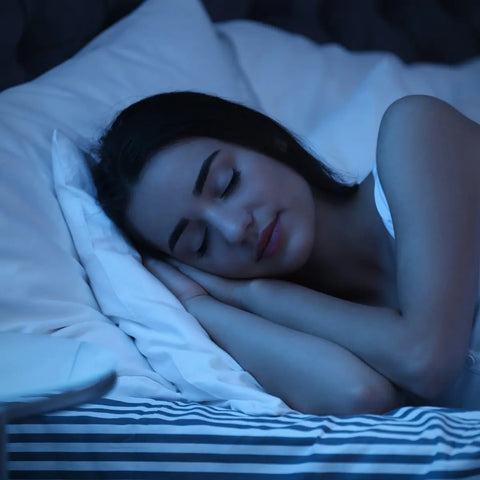
The future of sleep disorder management is promising, with an increasing emphasis on holistic approaches that offer sustainable and natural solutions. As awareness of the importance of sleep to overall health continues to grow, so does the exploration of innovative natural sleep therapy methods to enhance sleep quality. Advancements in technology and a deeper understanding of the mind-body connection are likely to bring forward new tools and techniques. These developments, combined with a personalized approach to sleep therapy, pave the way for more effective and accessible solutions for individuals struggling with sleep disorders. The holistic perspective not only addresses the symptoms but also seeks to identify and treat underlying causes, offering hope for lasting improvements in sleep health.
